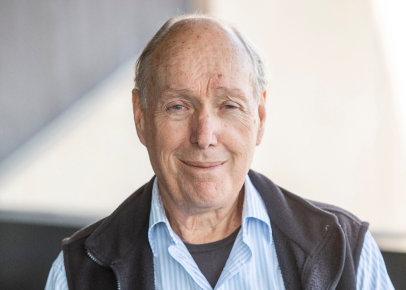
Laureate Professor of Dementia Research
BMedSc(Hons), MBBS, MD,
Hon.DLitt, W.Aust. FRCPath, FRCPA, FFSc, FAA, FTSE, FAHMS, AO.
The Florey Institute and The University of Melbourne
Colin Masters, Laureate Professor of Dementia Research at The Florey Institute and The University of Melbourne, has focused his career on research in Alzheimer’s disease and other neurodegenerative diseases, including Creutzfeldt-Jakob disease. His work over the last 40 years is widely acknowledged as having had a major influence on Alzheimer’s disease research world-wide, particularly the collaborative studies conducted with Konrad Beyreuther in which they discovered the proteolytic neuronal origin of the A-beta amyloid protein which causes Alzheimer’s disease. This work has led to the continued development of diagnostics and therapeutic strategies. More recently, his focus has been on describing the natural history of Alzheimer’s disease as a necessary preparatory step for therapeutic disease modification.
Professor Masters is currently a Professor at the Florey Institute, the University of Melbourne. He is also a consultant at the Royal Melbourne Hospital. His achievements have been recognised with many
international awards.

Professor Dominic Thyagarajan graduated from the University of Melbourne and is currently adjunct Professor (Neuroscience) at Monash University in the Central Clinical School. He is a Consultant Neurologist at the Alfred Hospital (where he is Head of the Deep Brain Stimulation program) and Monash Medical Centre. He was Director of Neurology at Monash Medical Centre from 2010-2016, and Director of Neurology at Flinders Medical Centre, Adelaide from 2001-2009.
He obtained his undergraduate and postgraduate research degrees at the University of Melbourne. His Physician’s training and Neurology specialization were at St Vincent’s and Alfred hospitals, Melbourne. Completing his training in Neurology in 1993, he pursued an academic career combining: a post-doctoral laboratory-based Fellowship at Columbia University, New York, on a NHMRC CJ Martin Fellowship; interspersed Clinical Fellowships at the Mayo Clinic (in Clinical Neurology) and Columbia Presbyterian Medical Center ( in Movement Disorders); 3 year full-time laboratory-based NHMRC grant-funded research; Deputy Directorship of the Melbourne Neuromuscular Research Center, heading the mitochondrial research group at St Vincent’s Hospital, Melbourne and a NATA accredited mitochondrial genetic testing service; 8 years as Director of Neurology at Flinders Medical Center, establishing an integrated Stroke Unit and the first comprehensive Deep Brain Stimulation service in South Australia; and finally- returning to Melbourne as Professor of Neuroscience and Director of Neurology at Monash Medical Center from 2010-2016. His special interest is the medical and surgical treatment of movement disorders.
Mark Slee is a senior consultant neurologist and associate professor at Flinders University and Flinders Medical Centre. His main clinical and academic interests are in neuroinflammatory diseases. He is clinical lead, Flinders Multiple Sclerosis service and Vice-Chair of the national MS research management council (MSRA).
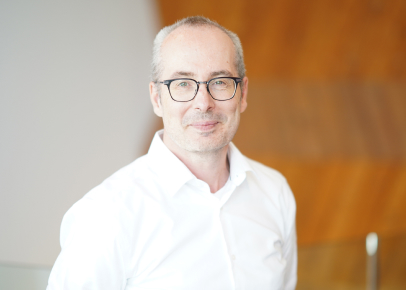
Vincent Thijs is a neurologist and clinician researcher specialising in stroke with more than 20 years of experience in the field. In his career as a clinician, Vincent has lead stroke units in Belgium and Australia. He is the Head of the Stroke Division at The Florey, and Director of Neurology at the Austin Hospital in Melbourne, Australia. Vincent has been involved in the leadership of large, international multicentre, collaborative studies on acute stroke treatment, stroke prevention, stroke in the young and genetics of stroke. He currently leads the Young Stroke Service, the first service of its kind in Australia.
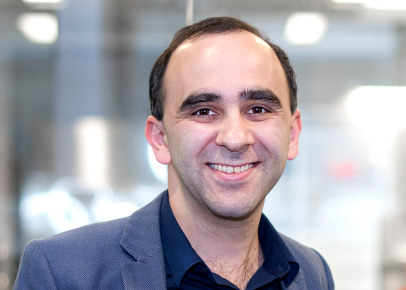
Neurologist, Royal Melbourne Hospital; Joint Lab Head, WEHI
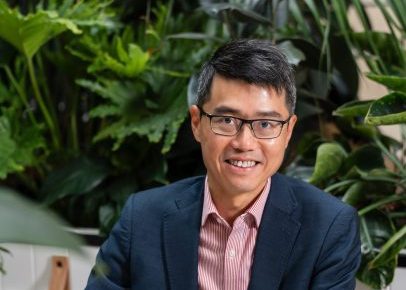
Neurologist, Department of Neuroscience, and Co-Director of the Monash Institute of Medical Engineering
Patrick Kwan is Professor of Neurology at the Department of Neuroscience, and Co-Director of the Monash Institute of Medical Engineering at Monash University in Melbourne, Australia. He is also a consultant neurologist of the Epilepsy Program at the Alfred Hospital.
His research focuses on improving the treatment outcomes of epilepsy through personalised medicine using a variety of methodologies and platforms, including long term cohort studies, genomics, artificial intelligence, drug development using human stem cells, and medical technologies.
He has published more than 360 peer-reviewed articles, which have been cited for more than 33,000 times. H-index 74. He has filed 48 patents (16 granted) as the lead inventor in in vitro diagnostic technologies so far.
Since 2005, Patrick has served the International League Against Epilepsy, including Chair of the ILAE Medical Therapies Commission from 2013 to 2017. He has recently been elected to the governing board of the ILAE Neurotechnology Section.
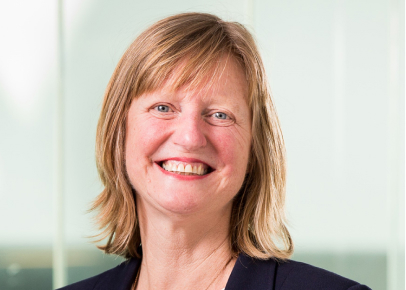
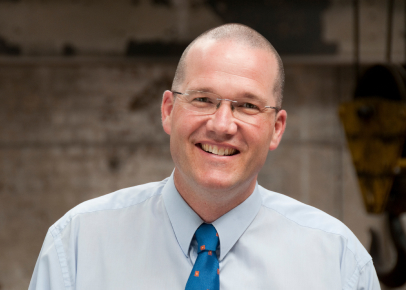
Professor David Currow is a physician by training and is currently the Deputy Vice-Chancellor (Research and Sustainable Futures) at The University of Wollongong. He is a widely published academic with research in reducing the burdens of cancers, symptom control and their population prevalence and impacts, and health services research.
Prof Currow was previously NSW Chief Cancer Officer; Chief Executive Officer of the Cancer Institute NSW; and foundation Chief Executive Officer of Cancer Australia.
He was elected a Fellow of the Australian Academy of Health and Medical Sciences in 2015 and Fellow of the Royal Society of New South Wales in 2024.

Distinguished Professor Patsy Yates, AM, PhD, RN, FACN, FAAN is the Executive Dean of QUT’s Faculty of Health and Co-Director of QUT’s Centre for Healthcare Transformation. Patsy has extensive experience as a leader in practice, education and research in nursing and the health sector. She is an NHMRC Investigator Fellow who leads a large competitively-funded research program focused on developing workforce capacity in cancer, palliative and aged care, advancing the management of symptoms associated with advanced disease, and strengthening the nexus between research, policy and practice in palliative and aged care. Patsy is the immediate past-President of the International Society of Nurses in Cancer Care and a past-President of Palliative Care Australia
Fiona Runacres is a palliative care specialist with Calvary Health Care Bethlehem, and Monash Health in Melbourne, Victoria. She has a clinical interest in palliative care provision for patients with non-malignant disease, including providing neuropalliative care for the Bethlehem-based State-wide Progressive Neurological Disease Service. Fiona has adjunct academic appointments with Monash University and The University of Notre Dame and is an early career researcher.

Copyright © 2025 | Bethlehem Griffiths Research Foundation | All Rights Reserved
Website Designed by ITCC